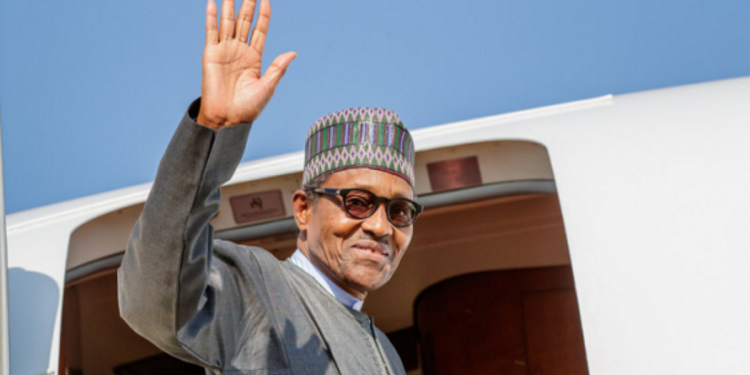
FG to spend N3.85bn on feeding, travel in 2023
AMID Nigeria’s economic slump, the president and the vice president will be spending a total of N3.85 billion on feeding and travels in 2023.
Tag

AMID Nigeria’s economic slump, the president and the vice president will be spending a total of N3.85 billion on feeding and travels in 2023.
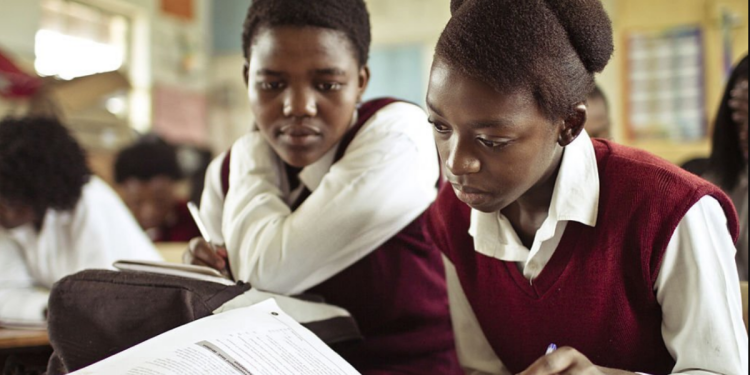
According to data from the Ministry of Education, Nigeria has one of the largest out-of-school children figures globally. The country ranks 5th with 10.19 million out- of-school children. About 34% of the total children population across the 6 geopolitical zones in the country.
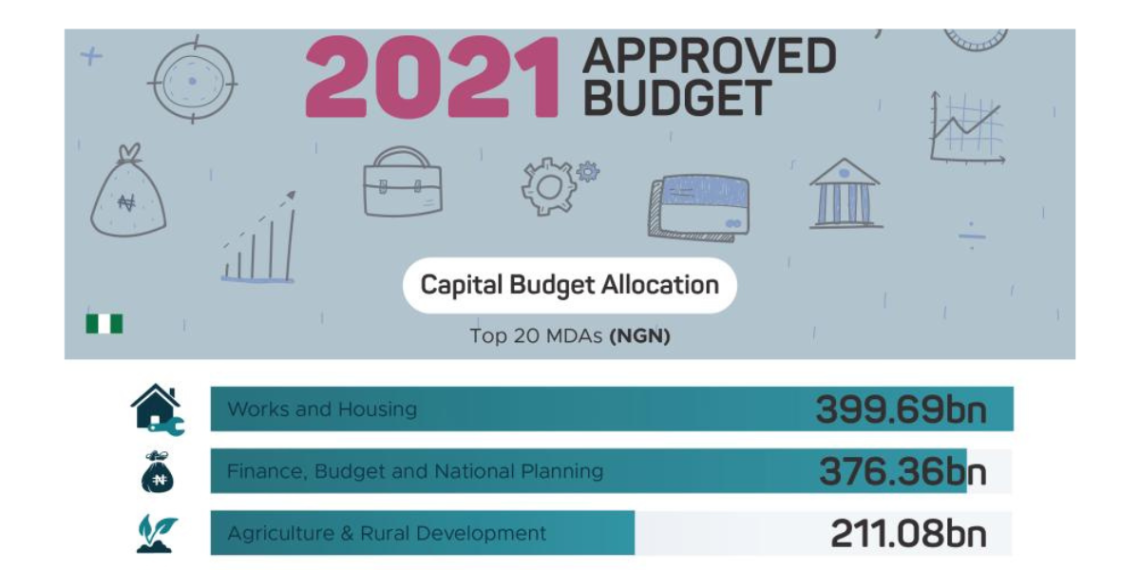

One of the effects of the coronavirus pandemic on the economy of various nations is a call for the revision of the budgetary allocation for the year 2020. In Nigeria, the revision of the 2020 appropriation budget is not just to accommodate the economic reality of the COVID-19 pandemic, but also to budget based on a realistic oil price benchmark that reflects the dwindling oil price.

According to the 2020 revised budget bill the Federal Government, through its 2020 Budget revision, has increased the budget deficit to ₦4.95 Trillion. However, it discarded the initial plan to reduce the 2020 Appropriation by ₦1.5 Trillion in what can be described as a tactical way to finance the increment to its recurrent expenditure.
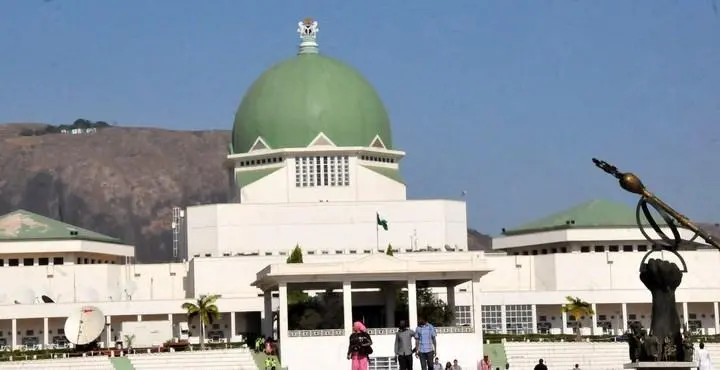
The Federal Government has dropped budget allocation for the renovation of the National Assembly (NASS) complex by 75 percent in yet another blatant disregard for priorities. Initially, the government had budgeted N37 billion for the renovation of the NASS complex, a capital allocation fixed under the Federal Capital Territory Administration (FCTA) budget. Analysis of the revised 2020 budget showed that the Federal Government reduced budget allocation for the renovation from ₦37 billion to ₦9.25 billion, despite calls by Nigerians for outright removal. It is not certain if the Senate Committee on Finance will touch its budget.

The Federal Government has increased capital allocation to the Ministry of Housing’s National Housing Programme by ₦3 billion. This increased capital allocation from ₦13.57 billion to ₦16.57 billion.
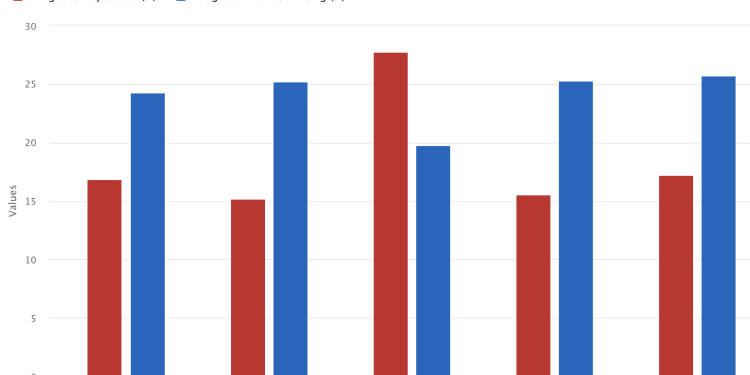
A recent DATAPHYTE occasional paper revealed that budgetary provision to some of the top five most critical sector’s of Nigeria’s economy accounted for only 17 percent of the initial 2020 budget. While these five key sectors (Agriculture, education, health, infrastructure [power, works and housing], and security) compete for less than a fifth of the total budget size, allocation to debt servicing was over 25 percent of the total budget size for the same year.

There is a consensus that Nigeria underfunds research and innovation. This view is emphasized in an interview with Prof. Peter Okebukola, a former executive secretary of the National Universities Commission. He stated that African universities are on the lowest rung of research and innovation due to underfunding. Perhaps, the recent appeal of the Academic Staff Union of Research Institutions to the Federal Government to use part of the COVID 19 donations to fund health research institutions puts credence to that position.